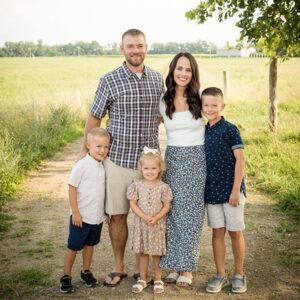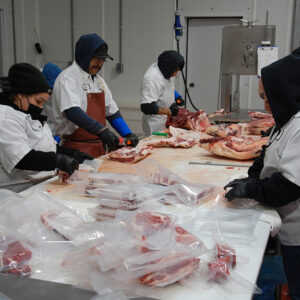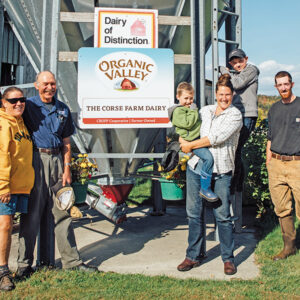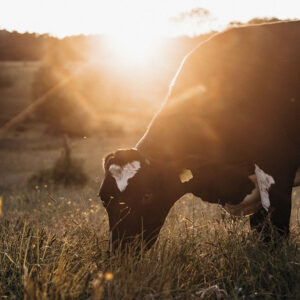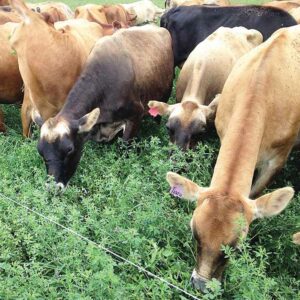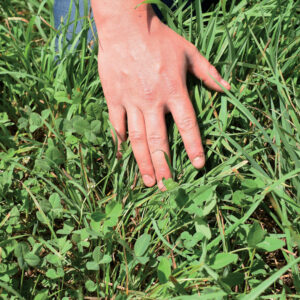Jordan Settlage has found creative ways to make it work
By Martha Hoffman Kerestes
St. Mary’s, Ohio — A decade ago Jordan Settlage started a dairy with seven cows. Today he’s milking 350 head on 400 acres with 270-300 days on pasture each year. Grazing has been key to profitability every step of the way.
Even back in elementary school, Jordan was sure that he wanted to be a dairy farmer. His father, John, grew up milking cows and wanted to make sure his son knew what he was getting into, so Jordan started helping out on a neighbor’s conventional dairy when he was 14.
He worked off and on at the dairy for a dozen years with a few years away for an Army tour of Iraq and college, and it confirmed for him that he wanted to milk cows and that he didn’t want to do it in confinement.
So Jordan dove into creating a grass dairy. He had a leg up, since there was a family farm to come home to and some existing infrastructure — his grandpa and uncle had milked until the late 80s on this farm before John took over the farm and did crops and pastured livestock.
The 1986-built milking parlor was still there, although the equipment had been gutted and sold. For just under $50,000, Jordan, with help from John, made the parlor usable again, including pouring the deck higher since the pit was too shallow.
Continue reading “Grazing success on a large scale”
